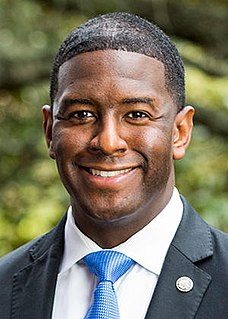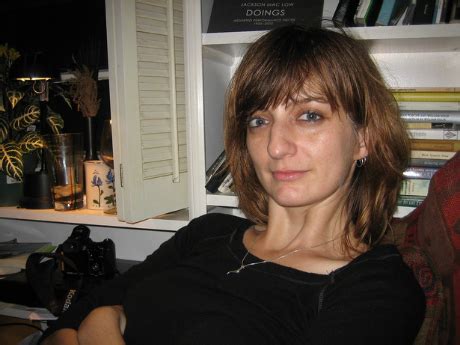A Quote by Frans de Waal
Chimps cannot tell us anything about peaceful relations, because chimps have only different degrees of hostility between communities. Whereas bonobos do tell us something; they tell us about the possibility of having peaceful relationships.
Related Quotes
The relationships we have with our doctors are often the most trusted relationships of our lives. Our doctors tell us hard truths that others will not. We often tell our doctors what we will not tell others. We trust our doctors to give us the good, the bad and the ugly about our health so that each of us can make an informed decision.
Music, feelings of happiness, mythology, faces worn by time, certain twilights and certain places, want to tell us something, or they told us something that we should not have missed, or they are about to tell us something; this imminence of a revelation that is not produced is, perhaps, the esthetic event.
We are on the earth, and they tell us of heaven; we are human beings, and they tell us of angels and devils; we are matter, and they tell us of spirit; we have five senses whereby to admit truths, and a reasoning faculty by which to build our belief upon them; and they tell us of dreams dreamed thousands of years ago, which our experience flatly contradicts.
God notices you. The fact is he can't take his eyes off of you. However badly you think of yourself, God is crazy about you. God is in love with you. Some of us even fear that someday we'll do something so bad that he won't notice us anymore. Well, let me tell you, God loves you completely. And he knew us at our worst before he ever began to love us at all. And in the love of God there are no degrees, there is only love.
Some of us are taught to ask for help. Some of us don't feel comfortable asking for help. Some of us will get into trouble because we don't want to share things with adults - maybe because we're used to getting in trouble. I have two daughters, and they're very different from each other. One will tell me everything. The other barely tells me anything at all. Who do I worry about the most? I worry about the quiet one. But it's something I wish I had had when I was a child, that feeling of having someone I could ask for help.
The idea of having dinner together every day with your family removes the pressure from trying to explain everything. You tell us the good parts about your day, but you also tell us the bad parts about your day. And at the end of that, because you're in a ritual, you remove the pressure of admitting you had a failure that day. And it also takes the wind out of having a great day. I mean, it makes you a little bit more normal all the time. That moment of therapeutic sharing is something that happens in food, that doesn't necessarily happen when you're watching TV.



































